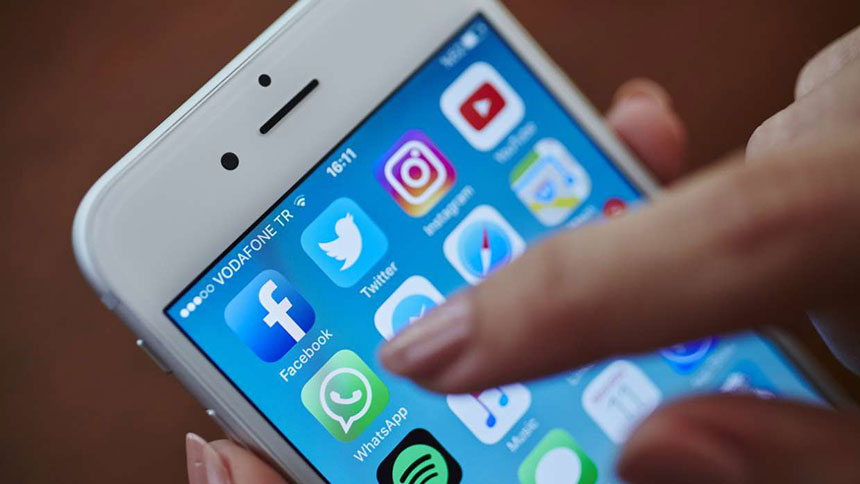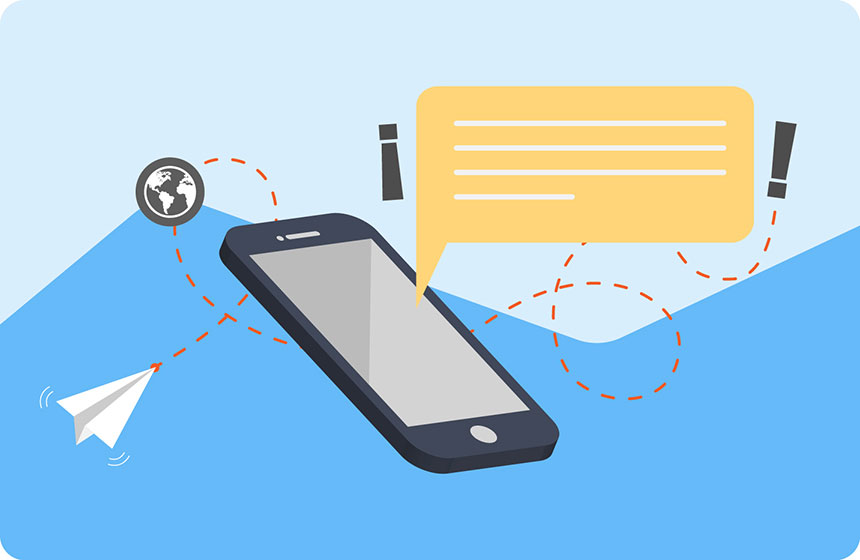Messaging is the future of market research
Many people go to their inboxes with one main purpose: To delete emails and spam before it takes over
Market research is facing a crisis. On one hand, customer insight has never been more important for companies. But on the other hand, no one wants to fill out surveys anymore.
In a recent study by the Global Research Business Initiative, only 26 percent of people said they trust the market research industry, with long surveys and poor mobile design singled out as contributing to the sagging reputation of an industry that scored below the banking, retail and eCommerce sectors.
I am convinced that we are in the midst of something big -- a major transformation driven by consumers themselves.
The channel is the message.

The most common way companies receive customer feedback is through surveys sent via email. At the turn of the century, the email survey was a fine solution. Inboxes weren't flooded, and online surveys were a drastic improvement over telephone surveys.
Fast-forward 20 years, and emails have earned a very different reputation. Almost 75% of consumers are overwhelmed by email overload. More than 244 billion emails are sent every day, yet only 23% of emails from businesses are read. Many people, myself included, go to their inboxes with one main purpose: To delete emails and spam before it takes over.
As inboxes became more cluttered, more people have embraced mobile apps and messaging platforms to talk to their friends and family. In fact, the top four messaging platforms today -- WhatsApp, Facebook Messenger, WeChat and Viber -- have more users than the top four social media sites. Messaging is also becoming a very common way for customers to talk to companies. According to Facebook, 69% of consumers feel more confident about brands they can reach via messaging.
This move to messaging is critical to the future of market research. To get an accurate read on the attitudes and opinions of customers on an ongoing basis, we need to engage them in channels they use. The industry's over-reliance on email will continue to impact response rates and will make market research less relevant.
Mirroring chat culture

The popularity of modern messaging apps has given rise to a chat culture of short bursts of communication -- one where people chat for a bit, leave, and then return to chat again. This chat-leave-return-chat cycle happens dozens, if not hundreds, of times a day, yet it doesn't feel like a burden. After all, these interactions happen very quickly and are usually fun.
This chat culture is not reflected in the survey experience today. If you look at the typical survey and compare it to how people chat with each other on messaging platforms, you'll see two stunningly different experiences.
Using the right tone is even more critical when engaging with younger consumers. According to Forrester, Gen Z, the cohort after Millennials, prefer to provide feedback in a way that is "more like a conversation" rather than "a generic list of questions."
The message is clear: If you want authentic feedback, you have to mirror human conversations. And in today's world, that means understanding the prevalent chat culture and providing the same experience in your engagement activities. It's time to get conversational.
Keeping up with consumers.

The best brands today know that ongoing feedback from thousands of customers can help uncover billion-dollar ideas and avoid disastrous decisions. However, people won't give their honest feedback -- and you won't get accurate data and insights -- if the experience isn't up to par.
To that end, it's time to rethink research. It's time to re-examine the channels, technologies and tone we use. We need to follow consumers' lead rather than forcing our old ways upon them. Our industry's future depends on it.
Thanks to Entrepreneur Europe